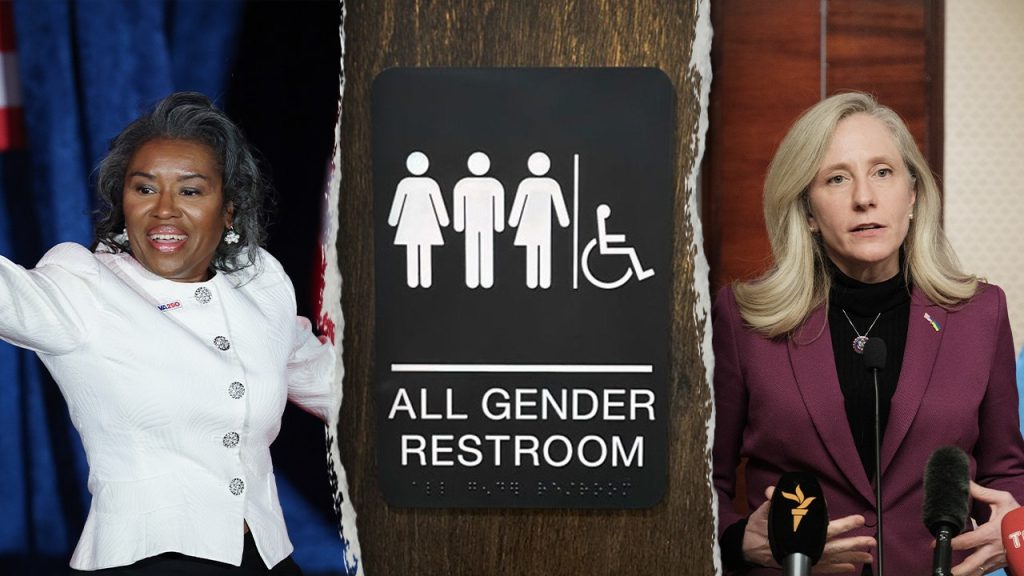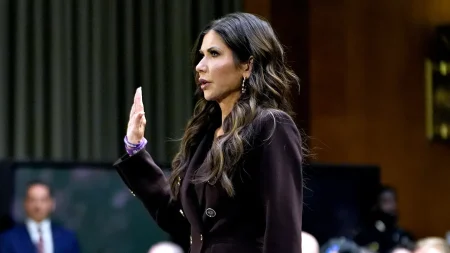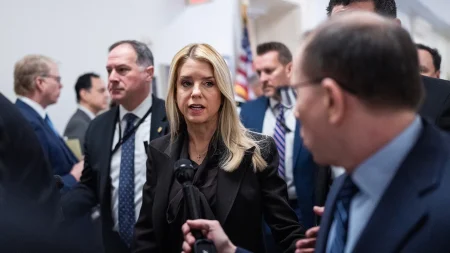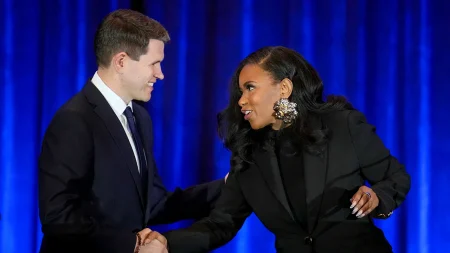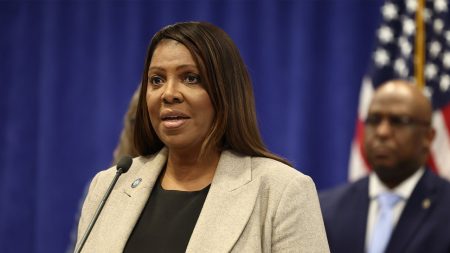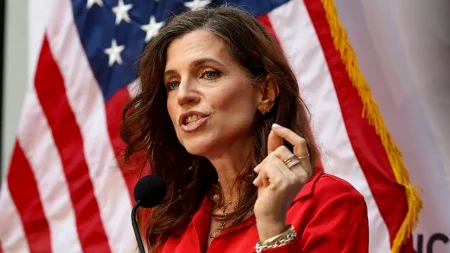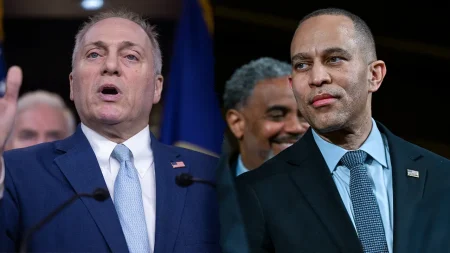Finding Common Ground in Virginia’s Transgender Bathroom Debate
In the heart of Virginia, a contentious debate over transgender bathroom policies in schools has emerged as a defining issue in the upcoming 2025 state elections. Republican candidates have decisively aligned themselves with parents concerned about these policies, while their Democratic counterparts have largely remained silent or redirected the conversation to other educational priorities. This growing divide reflects a broader national conversation about the intersection of student rights, parental authority, and school safety.
The controversy gained national attention when the Department of Education designated five Virginia school districts as “high-risk” due to their policies allowing students to use facilities based on their gender identity. Education Secretary Linda McMahon made the federal government’s position clear: “States and school districts cannot openly violate federal law while simultaneously receiving federal funding with no additional scrutiny.” These districts now face a more stringent “reimbursement status,” requiring them to front all expenses before requesting federal reimbursements. This financial consequence has intensified the debate, particularly after an incident where two high school boys were suspended for allegedly engaging in sexual harassment after complaining about a transgender-identifying biological female using their locker room.
Republican gubernatorial candidate Winsome Earle-Sears has taken a definitive stance on the issue, stating, “Biological differences matter. It is not political. It’s common sense, and somebody has to stand up and speak for parents.” Her running mate, lieutenant governor candidate John Reid, echoed this sentiment, arguing that “students shouldn’t be punished for speaking up about fairness and safety in their own locker room.” Incumbent Republican Attorney General Jason Miyares similarly criticized the school district that disciplined the two boys, accusing them of “weaponizing Title IX to punish male students expressing discomfort at being forced to share a locker room with a female student.” The Republican messaging consistently centers on parental rights, student safety, and what they characterize as common-sense biological distinctions.
In contrast, Democratic gubernatorial candidate Abigail Spanberger, when asked about the issue, pivoted to broader educational concerns: “As a mom of three daughters in Virginia public schools, a former federal law enforcement officer, and a candidate for governor, Abigail’s priority is ensuring that all of Virginia’s kids are safe and supported.” Her spokesperson emphasized Spanberger’s commitment to “protect public school funding, address the Commonwealth’s chronic teacher shortage, and contend with our last-in-the-nation math recovery ranking,” while criticizing Earle-Sears for allegedly “stoking division” and supporting “the Trump administration’s threats to strip funding from Virginia schools.” Other Democratic candidates, including state Senator Ghazala Hashmi and attorney Jay Jones, did not respond to requests for comment on the issue, highlighting what appears to be a strategic decision to avoid direct engagement with this polarizing topic.
The political dynamics surrounding this issue recall the 2021 Virginia gubernatorial race, where Democratic candidate Terry McAuliffe’s debate statement that parents should not be telling schools what to teach their children was widely viewed as contributing to his defeat by Republican Glenn Youngkin. This history suggests that parental rights in education remain a potent political force in Virginia. Josh Hetzler, the attorney representing the families of the disciplined boys, characterized the bathroom and locker room issue as “common sense,” claiming “at least 80% of people think that this is just a matter of common sense. For time immemorial, we’ve had boys and boys locker rooms and girls and girls locker rooms.”
As Virginia approaches its 2025 elections, this debate highlights the complex interplay between federal policy, local school governance, and deeply held values about gender, privacy, and safety. While Republicans have staked out clear positions aligned with traditional views on gender and facilities, Democrats appear to be navigating carefully around an issue that could alienate portions of their base regardless of which stance they take. The outcome of this political calculation, and its impact on the elections, remains to be seen, but it underscores how education policy—particularly regarding sensitive social issues—continues to be a powerful motivator for voters concerned about their children’s school experiences. Both sides claim to prioritize student welfare and safety, though they define these concepts differently, reflecting the broader cultural divisions that continue to shape American politics at both local and national levels.





